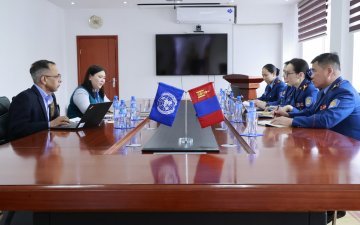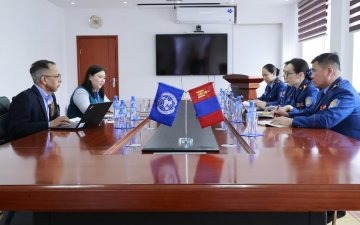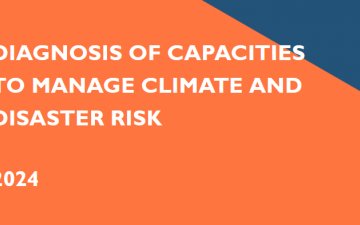ICDRI 2025
.jpg)
At the 2019 United Nations Climate Action Summit, the Prime Minister of India initiated the establishment of the Coalition for Disaster Resilient of infrastructure (CDRI). The coalition currently comprises 47 member countries, including Mongolia. The goal of the CDRI is “systematically supporting the development infrastructure that is resilient to future disasters and climate change, in alignment with the Paris Agreement on climate change, the Sendai framework for Disaster Risk Reduction, and the UN Sustainable Development Goals.”
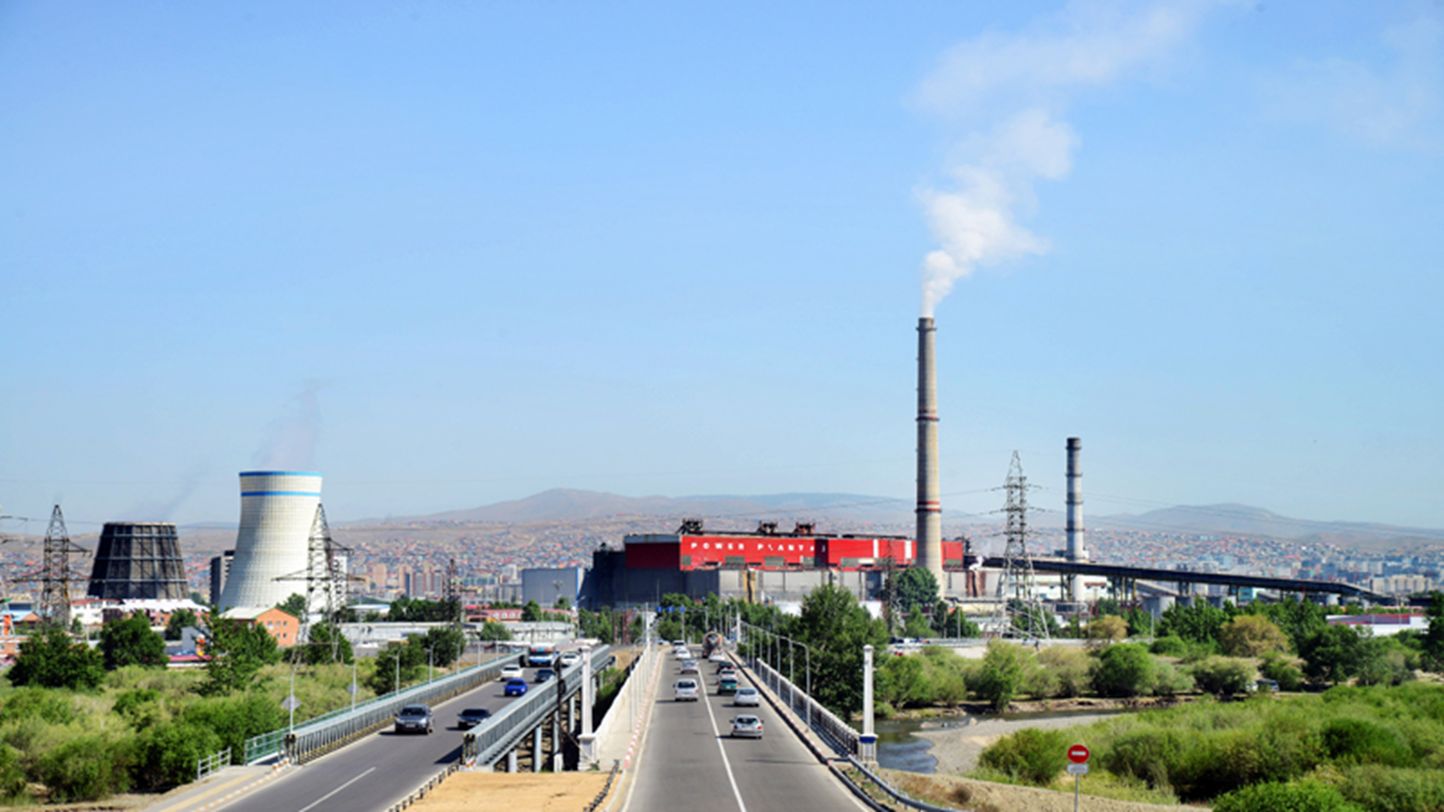
Mongolia’s accession to the CDRI demonstrates the Government’s recognition that disaster risk reduction is a fundamental to sustainable development and highlights the country’s commitment to high-level leadership and attention in developing disaster resilient infrastructure.
This international scientific conference is convened to address Mongolia's evolving disaster risk challenges amid rapid socio-economic development and urbanization, where government initiatives to enhance urban disaster resilience, improve infrastructure standards, and foster public-private partnerships face significant implementation challenges. The conference aims to bring together distinguished researchers, academic institutions, and technical experts to facilitate scientific discourse, exchange cutting-edge research findings, and develop evidence-based solutions for disaster risk reduction and resilience building in Mongolia's unique geographical and developmental context.
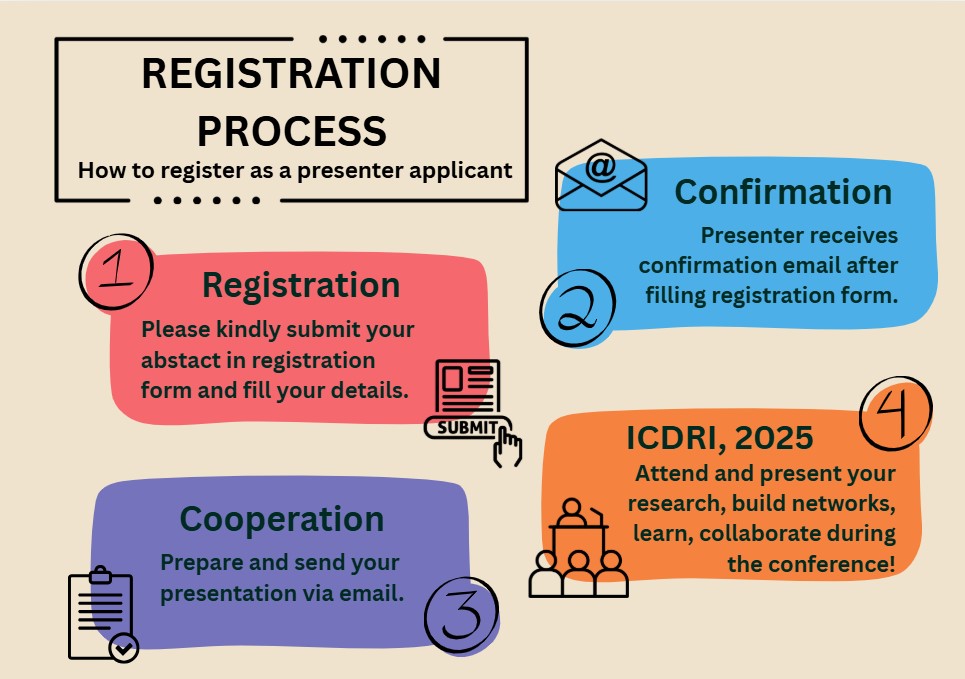
OBJECTIVES OF THE CONFERENCE
- To increase the involvement of scientific institutions, researchers, and scholars in enhancing disaster-resilient infrastructure, reducing disaster risk, and strengthening disaster resilience.
- To learn from the experiences and practices of other countries in developing and reinforcing disaster-resilient infrastructure.
- To foster collaboration among science and technology institutions, providing researchers and scholars with opportunities to share knowledge, skills, and experience.
- To support policymakers in the infrastructure sector with science- and risk-based decision-making.
EXPECTED OUTCOMES
The following outcomes are expected from this scientific conference:
- The conference will produce a set of recommendations on enhancing the role and engagement of the scientific community in building and strengthening disaster-resilient infrastructure, as well as methodologies for science-based policymaking and decision-making.
- Knowledge and understanding will be strengthened among policymakers, stakeholders, and local authorities regarding the planning and implementation of disaster-resilient infrastructure in both existing and newly planned cities.
- Participants will share knowledge and experiences on the impacts of natural and human-induced disasters on infrastructure, approaches to risk reduction, and strategies for improving preparedness, thereby enhancing collaboration among stakeholders.
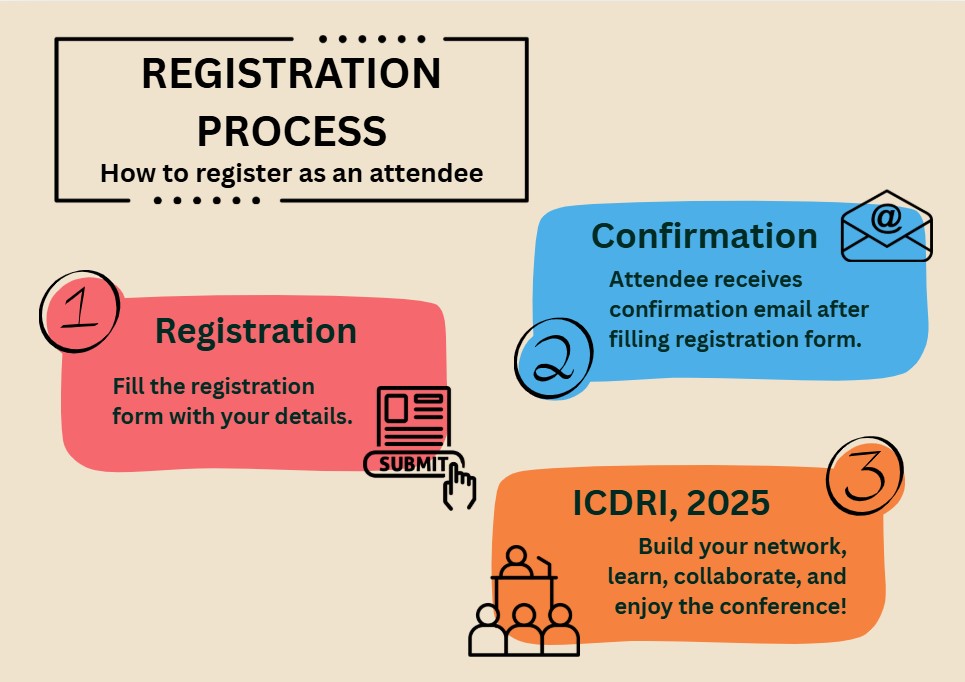
MAIN DISCUSSION TOPICS
- Partnerships for disaster risk reduction and disaster risk governance
- Programs and planning for critical infrastructure (transport, health, energy, communications, etc.)
- Disaster risk assessment and methodologies for critical infrastructure
- International standards, norms, and regulations on disaster-resilient infrastructure, and good practices in their localization
- Infrastructure risk based on geospatial information
- Knowledge-sharing on disaster-resilient infrastructure / ensuring coordination among stakeholders
- Nature-based solutions for building disaster-resilient infrastructure
- Using data, technology, and innovation in disaster-resilient urban planning, infrastructure, and disaster response
- Today’s investments for building a more disaster-resilient tomorrow
- Approaches to strengthening infrastructure capacity at the local level to build disaster-resilient cities
- Sharing disaster resilience databases, technology, and innovation (good practices implemented by different countries)
SCOPE OF PARTICIPANTS AND REGISTRATION PERIOD
The conference is open to international and domestic scholars, researchers, government policy-makers, and specialists working in the fields of disaster risk reduction and infrastructure resilience.
- Applications to participate must be submitted no later than October 20, 2025 via the online link: www.nema.gov.mn
- Full papers for presentation must be submitted no later than November 3, 2025 via the email address: nidr@nema.gov.mn

